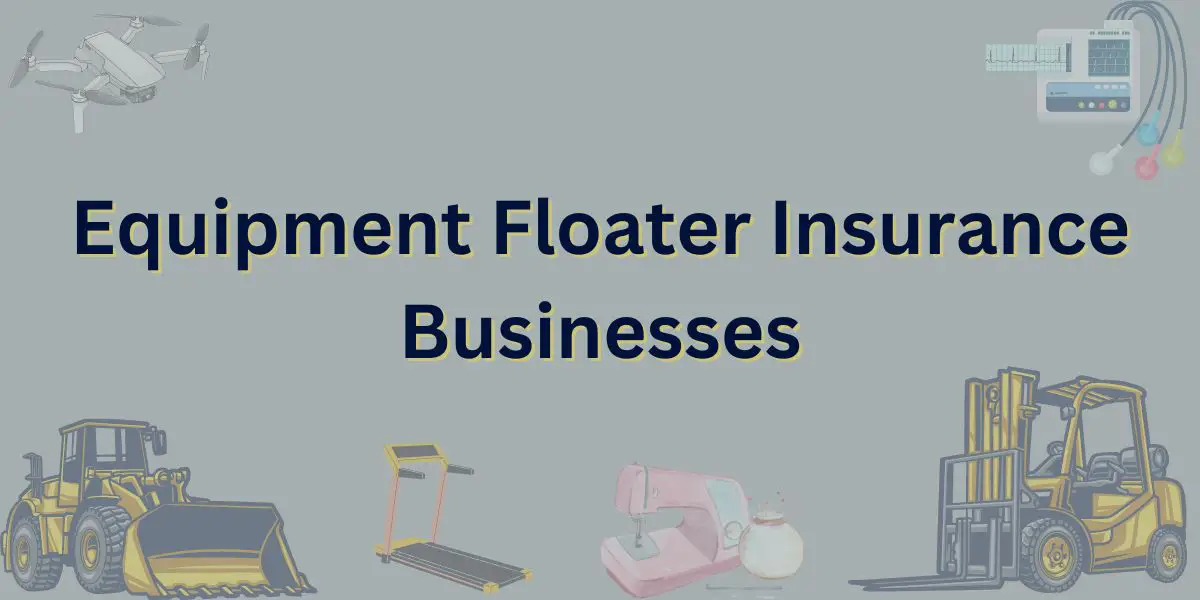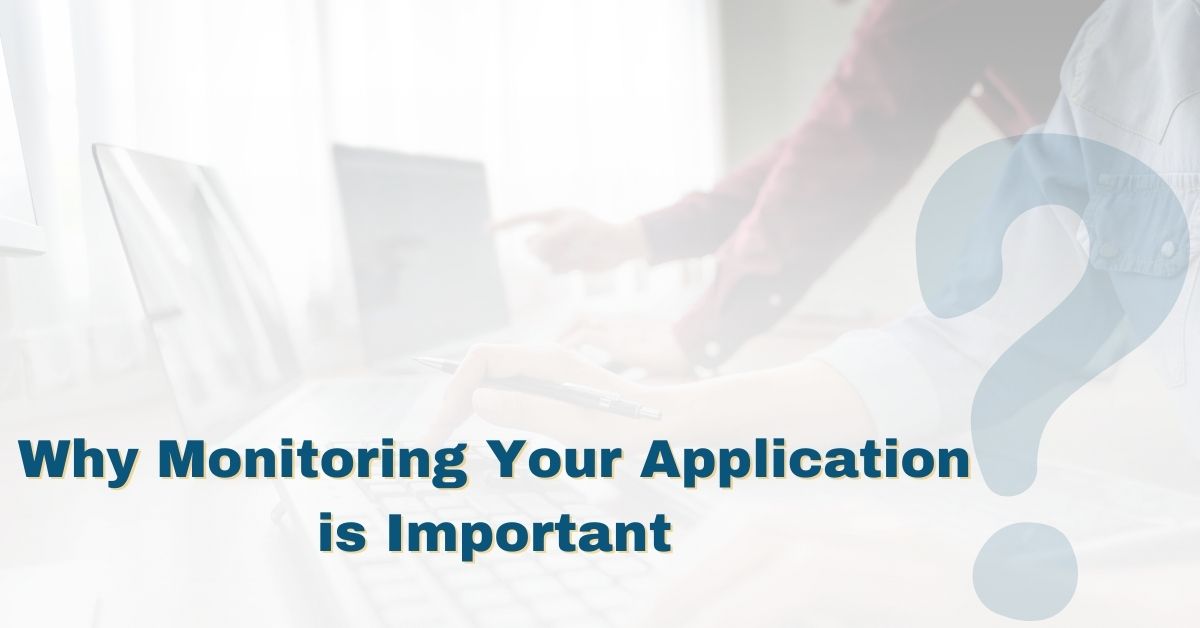Equipment floater insurance is a crucial type of coverage for businesses that rely on specialized equipment. It provides protection for equipment that is frequently moved from one location to another, ensuring that it is covered against various risks. This article will explore the ins and outs of equipment floater insurance, including what it covers, how it works, and why it is essential for businesses.
Introduction to Equipment Floater Insurance
Equipment floater insurance is a type of inland marine insurance that provides coverage for equipment that is not permanently located at a single location. It is designed to protect businesses against the risks associated with moving equipment, such as damage, theft, or loss.
What Does Equipment Floater Insurance Cover?
Equipment floater insurance typically covers all risks of physical loss or damage to the insured equipment, including theft, vandalism, fire, and natural disasters. It may also cover the cost of repairing or replacing the equipment if it is damaged beyond repair.
Types of Equipment Floater Insurance
There are two main types of equipment floater insurance:
Scheduled Equipment Floater Insurance
This type of insurance covers specific items of equipment that are listed on the policy. It is ideal for businesses that have a few high-value pieces of equipment that need coverage.
Unscheduled Equipment Floater Insurance
Unscheduled equipment floater insurance provides blanket coverage for all equipment owned by the insured, up to a certain limit. It is more suitable for businesses with a large number of low-value items that need coverage.
Benefits of Equipment Floater Insurance
- Provides comprehensive coverage for equipment that is frequently moved
- Helps businesses avoid financial losses due to equipment damage or loss
- Can be tailored to suit the specific needs of the business
- Provides peace of mind to business owners knowing that their equipment is protected
How Does Equipment Floater Insurance Work?
To get equipment floater insurance, a business needs to contact an insurance provider and request a quote. The insurance provider will assess the risk associated with insuring the equipment and provide a quote based on that assessment.
Factors to Consider Before Getting Equipment Floater Insurance
Before getting equipment floater insurance, businesses should consider the following factors:
- The value of the equipment that needs coverage
- The risk of loss or damage to the equipment
- The cost of the insurance premium
- The deductible amount
Tips for Choosing the Right Equipment Floater Insurance Policy
- Compare quotes from multiple insurance providers
- Consider the reputation and financial stability of the insurance company
- Review the policy terms and conditions carefully
- Consider additional coverage options, such as coverage for rental equipment
Cost of Equipment Floater Insurance
The cost of equipment floater insurance can vary depending on several factors, including the value of the equipment, the level of coverage required, and the insurance provider. Generally, the premium for equipment floater insurance is relatively affordable compared to the potential costs of replacing or repairing damaged equipment.
Common Exclusions in Equipment Floater Insurance
Equipment floater insurance typically does not cover damage caused by wear and tear, gradual deterioration, or defects in the equipment. It also may not cover equipment that is damaged due to improper use or maintenance.
Claims Process for Equipment Floater Insurance
In the event that equipment covered by floater insurance is damaged or lost, the insured should contact their insurance provider as soon as possible to file a claim. The insurance provider will then assess the damage and determine the amount of compensation due to the insured.
Importance of Equipment Floater Insurance for Businesses
Equipment floater insurance is crucial for businesses that rely on specialized equipment to operate. Without adequate insurance coverage, businesses risk financial losses that could jeopardize their operations.
Examples of Situations Where Equipment Floater Insurance Would Be Useful
- A construction company that needs coverage for its heavy machinery, which is frequently moved from one construction site to another.
- A photography studio that needs coverage for its expensive camera equipment, which is often taken on location for photo shoots.
How to File a Claim for Equipment Damaged Beyond Repair
If equipment covered by floater insurance is damaged beyond repair, the insured should contact their insurance provider and provide documentation of the damage. The insurance provider will then assess the value of the equipment and provide compensation based on that assessment.
Conclusion
Equipment floater insurance is a valuable type of coverage for businesses that rely on specialized equipment. It provides protection against the risks associated with moving equipment and helps businesses avoid financial losses due to equipment damage or loss. By understanding how equipment floater insurance works and choosing the right policy, businesses can ensure that their equipment is adequately protected.
FAQs
Q: Is equipment floater insurance required by law?
A: No, equipment floater insurance is not required by law, but it is highly recommended for businesses that rely on specialized equipment.
Q: Can I add new equipment to my equipment floater insurance policy?
A: Yes, you can usually add new equipment to your policy by contacting your insurance provider and requesting an update to your policy.
Q: What happens if I cancel my equipment floater insurance policy?
A: If you cancel your equipment floater insurance policy, you will no longer have coverage for your equipment, and you will not be able to file a claim for any damage or loss that occurs after the policy is canceled.
Q: Does equipment floater insurance cover equipment that is leased or rented?
A: Yes, equipment floater insurance can cover equipment that is leased or rented, but you may need to add specific coverage for this type of equipment to your policy.
Q: Can I transfer my equipment floater insurance policy to a new owner if I sell my business?
A: In most cases, equipment floater insurance policies are not transferable to new owners. The new owner would need to purchase a new policy for the equipment.
Also Read:
National Productivity Council- All You Need to Know about it
Unlocking the Golden Elixir: The Amazing Benefits of Saffron for Your Hair

